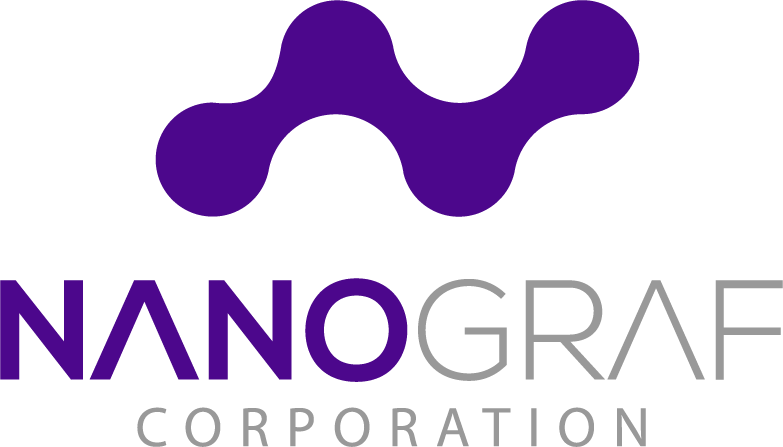The great battery race
The promise of a new generation of low-cost, long-lasting batteries is catalyzing a long-awaited shift to electric vehicles.
Why it matters: Two big obstacles stand in the way of widespread EV adoption: cost and driving range. But steady advancements in battery technology are already helping to mitigate both issues, and could make electric cars more affordable and desirable to consumers within just a few years.
The target: batteries that cost less than $100 per kilowatt-hour to produce, putting the cost of owning an EV on par with a conventional vehicle.
The industry might not hit the $100 target until 2030, predicts Boston Consulting Group. But by 2022 or 2023, cheaper batteries will cause EV sales to take off, growing to one-third of the global market by 2025 and one-half by 2030, says BCG.
What's happening: The most anticipated battery news could come Sept. 22 from Tesla, the global leader in electric vehicles. It plans to share its latest innovations at a special "Battery Day" tied to its annual shareholder meeting.
CEO Elon Musk hinted in a Tweet this week that big leaps in energy density are close, and suggested these vastly improved batteries could be mass-produced within three to four years.
We've already seen a barrage of EV battery milestones in 2020, with more news expected in the coming weeks:
General Motors in March introduced its new lower-cost Ultium batteries, packaged in a modular EV platform, that will enable GM to sell a new crop of EVs profitably from Day One.
Newcomer Lucid Motors says its Lucid Air luxury sedan, arriving Sept. 9, will set a new benchmark with a 517-mile driving range. CEO Peter Rawlinson is considering licensing Lucid's super-efficient electric drivetrain to accelerate demand for mass-market EVs.
Volkswagen's ID4, debuting Sept. 23, is an affordable, compact SUV built on a new electric vehicle platform that will underpin 75 new VW models by 2029.
The big picture: Steady advancements in battery innovation — rather than a single breakthrough — have brought the industry to the cusp of widespread EV adoption.
Batteries require a series of tradeoffs: a fast-charging battery could be too expensive, for example, and a long-range battery might take up too much space. Getting the balance right is the trick.
The ultimate goal: the "million-mile battery" — one that can last 30 years and enjoy second, or even third, lives powering the electric grid.
What to watch: The next wave of innovation could come from the use of new materials like silicon and graphene to replace nickel and cobalt.
A handful of Asian companies including CATL, LG Chem, Samsung, Panasonic and SK Innovation are likely to continue to dominate the race.
But a few U.S. startups are working on promising alternatives, including Sila Nanotechnologies, NanoGraf and Enevate.
The bottom line: The EV tipping point is almost here, says BCG's managing director Aakash Arora.
"Three years from now, there will be no debate that buying a gasoline car is an economically worse decision than buying an electric car."
